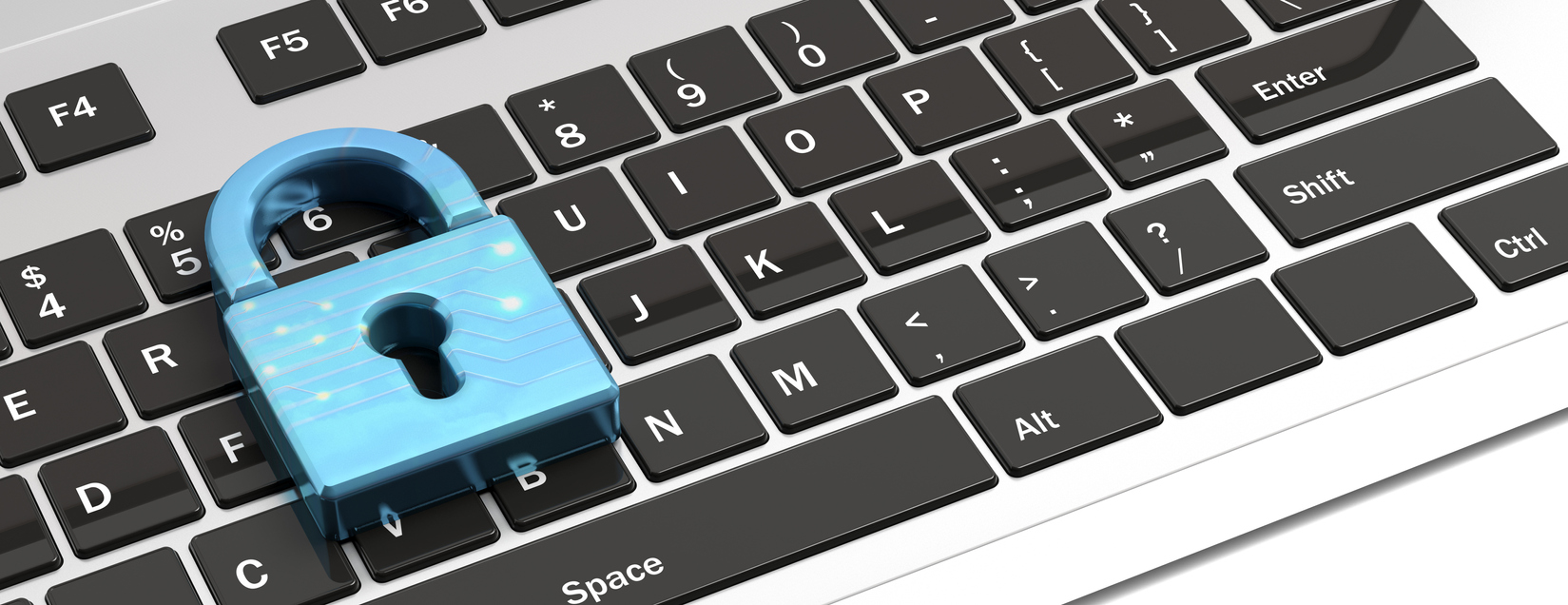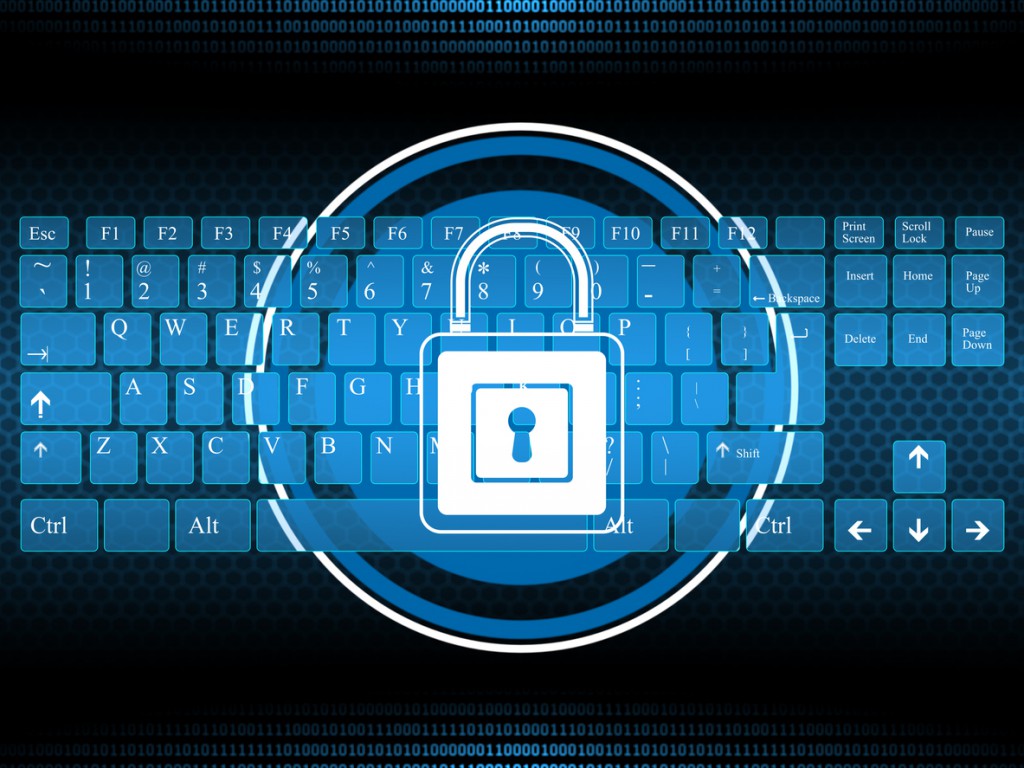Online identity theft has become increasingly common over the last decade. People are having their identity stolen and their personal information splashed across the internet. But why is this happening and how? You may think that when you sign yourself up for a chance to win a cruise, it is totally harmless. Or when you enter your information into a gaming network that your identity will not be compromised. What a lot of people do not realize is that they are giving more data than necessary, and people are gaining access to their personal information.
Hacking isn’t hard to do for people who know what they are doing! So, what are you doing to protect yourself? What are you doing to protect your kids? Don’t panic… just take some precautions and these steps to help ensure that your identity stays protected when you or your loved ones go online.
Avoid Spammers.
This may seem like a no brainer. But remember this logic… if it seems too good to be true on the internet, it probably is. Spammers, scammers, and phishers appear in pop-ups and emails usually. You will see random sales opportunities or clickbait that may take you off of the page you were trying to get on. Although these things may look enticing, just stay away!
Avoid sending confidential information through email.
A lot of the time, you may get asked to send your driver’s license, birth certificate, a voided check or a social security card to a new employer or someone for a background check. Although you know who you are sending it to, it does not mean that it is safe to send over the email system. These documents are confidential for a reason. So, our suggestion is to go in person and give them a hard copy of it. Avoid sending any of these documents through any online system.
Use strong passwords and change them often.
Are you that person that uses your birthday or your dog’s name for all your passwords? Remembering all of your passwords can be difficult and resetting them constantly can be extremely frustrating. However, if you’re passwords are easy for you to remember, they are easy for someone else to guess. Use a password that you don’t think will be easily guessed by anyone else. Keep a hard copy of your passwords, not on your computer, that you can access.
Make sure to lock your devices.
Not everyone wants to punch in a passcode in to unlock their phone or iPad every time they want to use it? It may not seem like a big deal but swiping it open is very dangerous. The moment you lose one of your devices, a stranger has access to way too much. People leave their iPad on a table at a coffee shop or drop their phones from their purse when they are shopping. If someone finds it, they can easily access all of your personal information, pictures, contacts, as well as your email and possibly your bank account. Keep these devices locked with a strong password!
Avoid Public Wi-Fi.
Sometimes we have no choice but to use public Wi-Fi. Or do we? Have you considered using a personal hotspot? There are also some places that have a password encrypted internet. Public internet is usually free, which makes sense why everyone wants to use it. However, those few dollars may be worth it in the long run so that no one can access your computer or personal files!
Update your software.
This one can be very frustrating and seem like you have to do it all the time. When you update your software, it is not just to update your apps on your devices. Updating your device can help keep your security software up to date as well. If you keep your devices up to date, there is a much lower chance that someone could connect to your computer or iPad and hack into your files.
Check your credit reports and bank statements often.
A lot of the time, things are tied to our credit report or statements and we don’t even notice. You can often check for transactions and see if they were actually made by you. If not, you have to take action right away. If it is small frequent transactions, your bank may not even notify you. Just stay alert, stay aware and always stay protected.
Keeping your online identity safe is extremely important. It is not always about what you should do, but also what you shouldn’t do. Always assume that there is a chance your information could be compromised and take these tips seriously so you can stay safe online.


